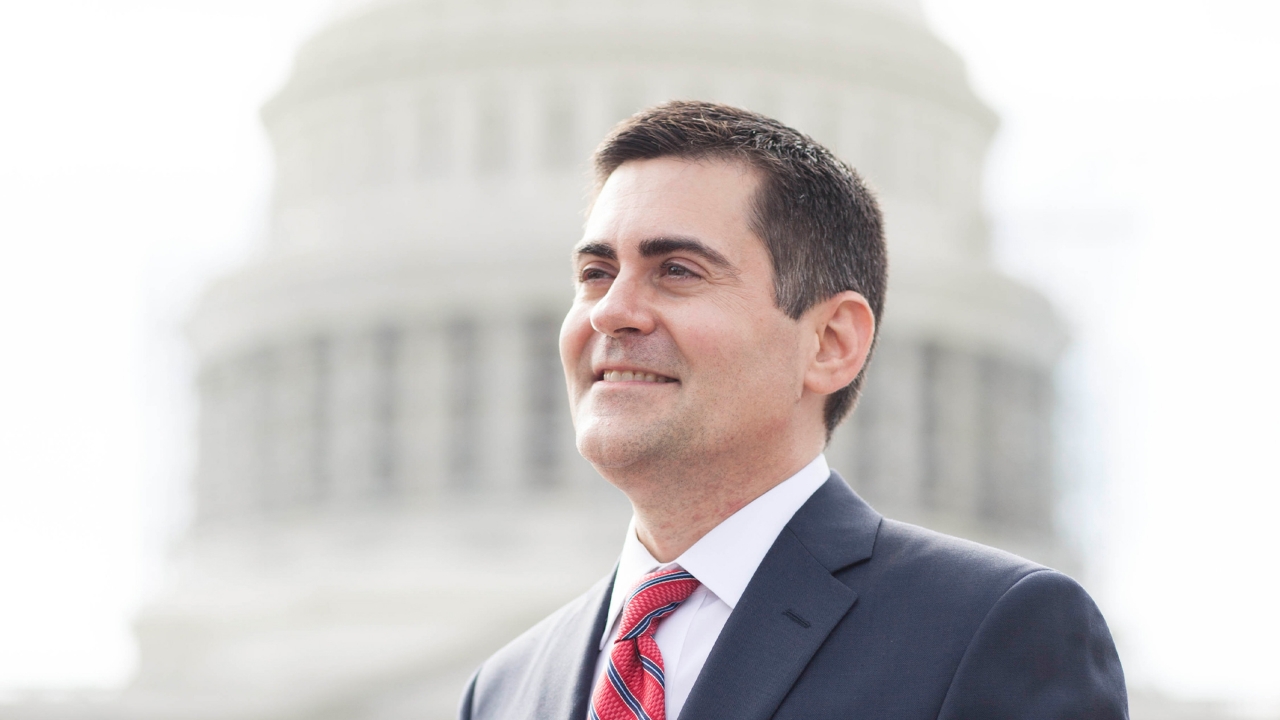So you want to preach on politics? Welcome to the club.
It is all the rage in an election year. Maybe you’re doing so because you feel that you have to, or maybe you’re eager to. But most pastors I talk with are shaking in their boots because they fear making mistakes. They know that if they talk about “that topic,” they will probably catch flak in an email by Monday morning. They don’t want to alienate people needlessly, but they want to feed their flock biblically in this area.
Let me offer three mistakes to avoid when preaching on politics.
Do not, under any circumstances, compare Jesus laying down his life for us as justification for Christians to give up their rights.
When Jesus went to the cross as the propitiatory sacrifice for sin, he was doing so salvifically and intending to rise from the dead, conquering sin, Satan, and death. While Jesus 'gave up his rights temporarily, His ascension restored those rights and more, allowing Him to rule eternally as the King of Kings and Lord of Lords.
To equate Christ’s example in his death, commonly understood as Christus Examplar, with a necessity for Christians to always give up their earthly rights is foolish and idle talk. Christians must be equipped to think about how to retain their God-given rights. Their political imaginations should not be stymied by misapplying Christ’s sacrificial death as some sort of standard for all Christians in all places never to exercise political power. One would never suggest this to Christians living under communism, for example, and shouldn’t suggest it in a more democratic society either.
Do not conflate the earthly and spiritual kingdoms.
Many times, Christians are deceived into thinking that because Jesus said, “my kingdom is not of this world,” they are therefore required not to have any sense of duty or loyalty to their nation. When Jesus spoke this way, He was not implying that the nations of the earth, or earthly kingdoms, are somehow irrelevant but that his power and authority come from heaven. He was speaking of the authority of the Kingdom of God over the kingdoms of man, not insinuating that the kingdoms of man do not matter.
To twist the Scriptures in this way would pit Scripture against Scripture when Jesus taught us to pray, “thy kingdom come, thy will be done on earth as it is in heaven.”
An error in the opposite direction would be to blend the earthly and spiritual kingdoms as if they are the same. Most commonly today, this is how Christians are taught to think about issues such as immigration, where Christians feel a godly concern for those in need. So, pastors will justify government social programs to address that concern. This is incredibly unhelpful. Yes, the church should care for the poor, but that does not mean the state should adopt that mandate through government handouts.
Preachers should stay in their lane regarding the spiritual care of the souls in their flocks and not deviate into co-opting liberal immigration policies in the name of “loving your neighbor.”
Do not make evangelism your chief concern.
Many pastors falsely conceive of themselves as missionaries first. We are all familiar with the stories of Christians in closed countries or missionaries in a foreign field where they must think shrewdly and behave with prudence.
But Christians in America do not live in a closed country. While you may pastor in a context that is more liberal than others, which is very common in urban metro areas, for instance, your job in preaching is not primarily evangelism.
Your job is to herald the Word to equip the saints for the work of the ministry.
When pastors succumb to the straightjacket of being a missionary and evangelist first, they inevitably strike a tone more suited for the lost than the found. This leads them to either ignore or nuance clear biblical teaching on issues such as sexuality or, worse, attempt to pander to liberals by taking cheap shots at conservatives so as not to alienate liberals.
Conclusion
Pastors hold a unique and significant position in the political landscape, a role that comes with great responsibility and the potential to make a profound impact. The left is keenly aware of this, as shown by their appetite to capture Christian institutions and leaders to steer them towards their causes. If you are a pastor and are going to speak politically, ensure that your flock is fed and equipped by avoiding making evangelism your chief concern, conflating the earthly and heavenly kingdoms, and using Jesus to justify Christians not taking political action.
By avoiding these pitfalls, pastors can guide their congregations without compromising on biblical truth or advocating policies that go contrary to the word of God.

